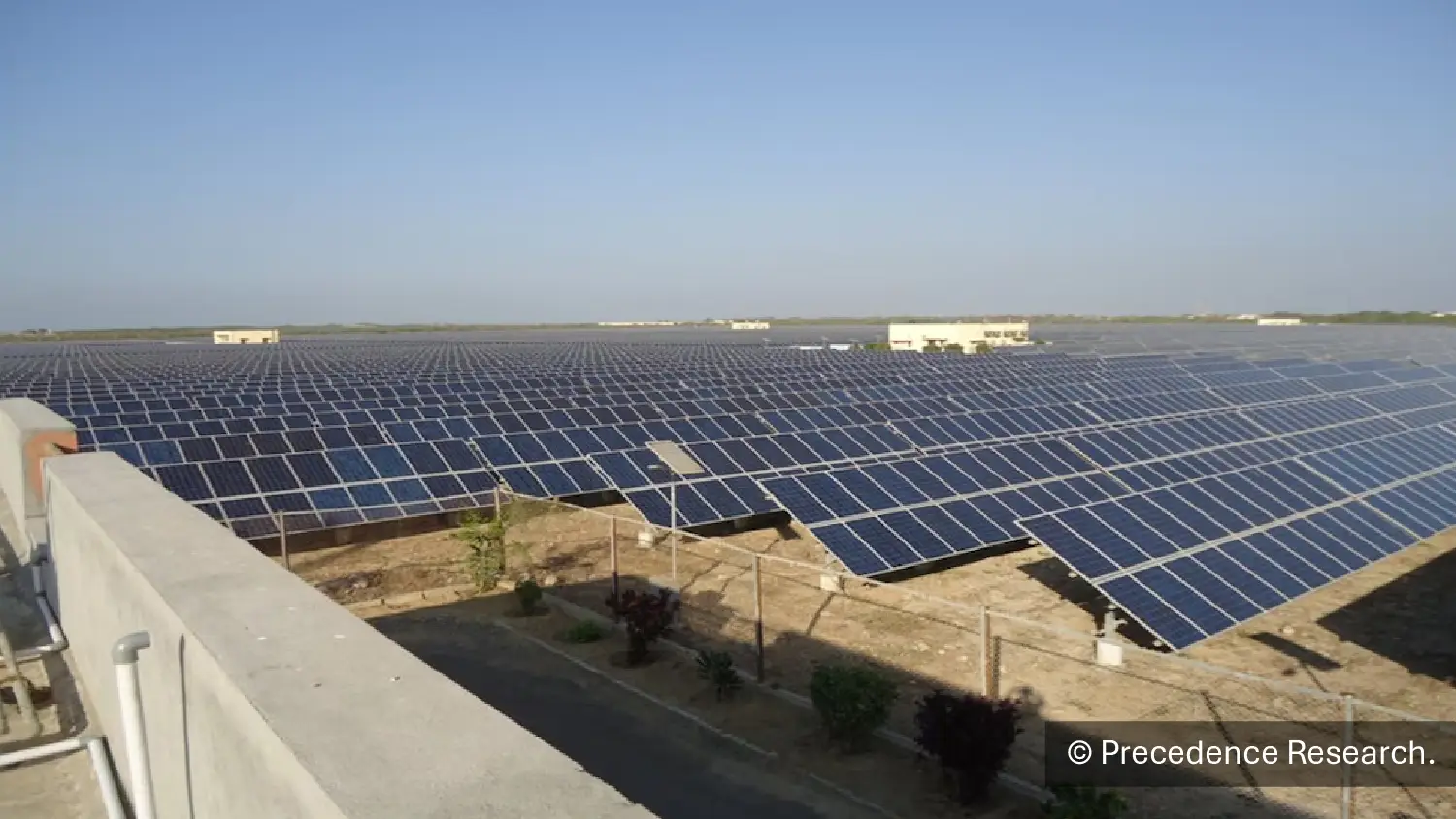April 2025
The Ministry of Power, India, has proposed amendments aimed at improving the regulatory framework for renewable energy consumption by designated consumers in India. The Bureau of Energy Efficiency (BEE) will monitor compliance, and reports will be submitted to the government periodically. Comments and suggestions from stakeholders will be accepted until April 18, 2025. The amendments aim to provide greater flexibility and simplicity to compliance mechanisms, encouraging more sectors to consider switching to renewable energy after the notification about renewable consumption obligations in October 2023.

The amendments introduce a flexibility provision for compliance with renewable obligations, allowing shortfalls in one type of renewable energy to be compensated by excess consumption of another, such as wind or hydro. Open-access consumers and designated consumers can either consume power directly or procure it from any renewable source to meet their obligations. Additionally, this allows them to obtain renewable energy certificates or pay fees equivalent to a specified buyout price determined by the Central Electricity Regulatory Commission (CERC). Designated consumers' electricity consumption obligations pertain to self-consumption rather than auxiliary consumption.
The Ministry has initiated various avenues to fulfill its renewable energy obligations, including the consumption of non-fossil electricity by consumers, the purchase of renewable energy certificates, and payment of a buyout price set by the Central Electricity Regulatory Commission (CERC). The funds raised will be transferred to the Central Energy Conservation Fund to support the development of non-fossil energy capacity. Any penalties for non-compliance under Section 26(3) of the Energy Conservation Act will be enforced for failing to meet obligations or providing false information. Companies under common control will be assessed on an aggregate basis to ensure accountability throughout the corporate structure.
The amendments seek to enhance flexibility, enabling stakeholders to meet their renewable energy obligations more easily. Alternative compliance options may include renewable energy certificates, buyout payments, and the government's emphasis on strict enforcement. The amendments are expected to attract more companies toward utilizing renewable energy sources, with the government increasingly focusing on sustainability and decarbonization. Stakeholders are closely monitoring these developments and hope they will simplify compliance procedures.
April 2025
April 2025
April 2025
April 2025